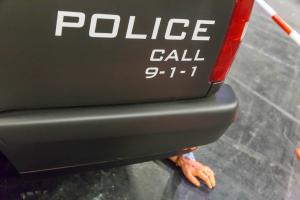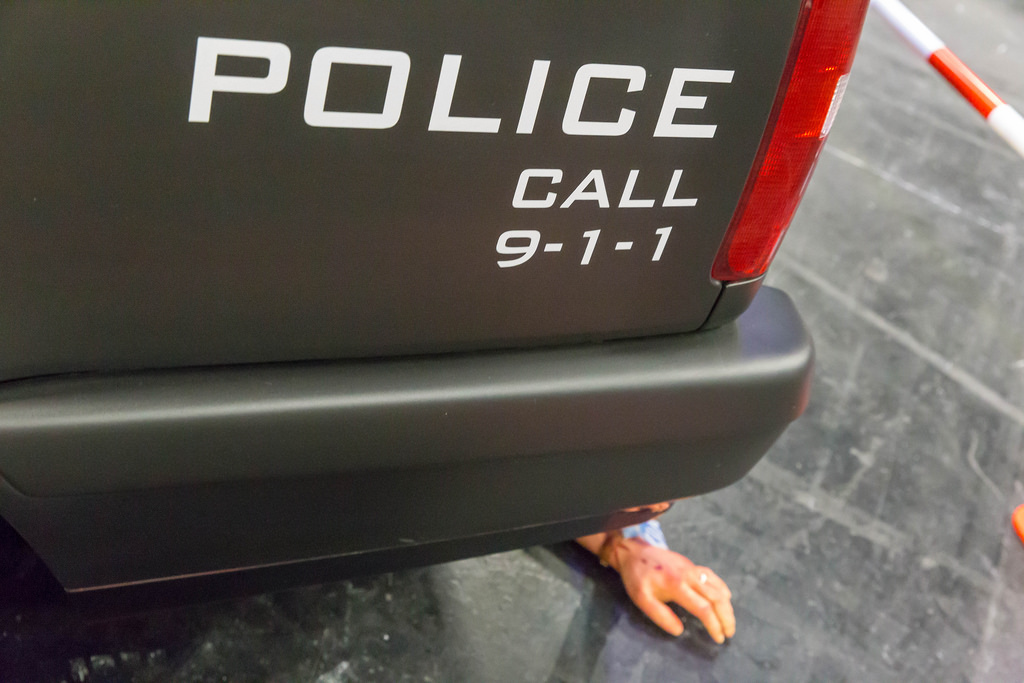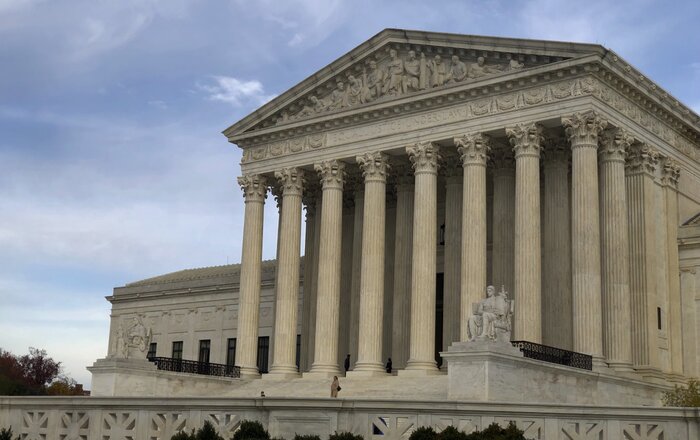Editorial Standards
Rosenblum Law is committed to delivering informative content of the highest quality. All content is subject to our rigorous editorial standards for relevance, accuracy, sourcing, and objectivity. Everything is fact-checked by an editor and reviewed for legal soundness by one of our practicing attorneys prior to being published.
How to Cite Rosenblum Law’s Article
APA
Adam H. Rosenblum (Aug 27, 2010). Politician Who Collects Votes…And Speeding Tickets. Rosenblum Law Firm, https://rosenblumlaw.com/politician-who-collects-votes-and-speeding-tickets/
MLA
Adam H. Rosenblum "Politician Who Collects Votes…And Speeding Tickets". Rosenblum Law Firm, Aug 27, 2010. https://rosenblumlaw.com/politician-who-collects-votes-and-speeding-tickets/




